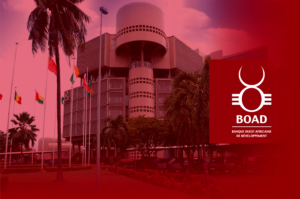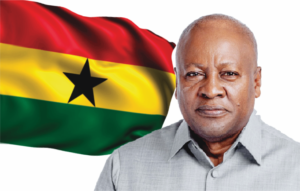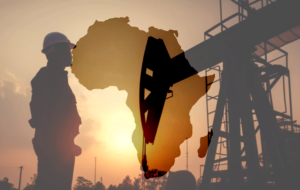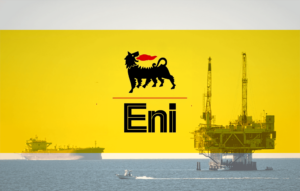Gas flare waste to wealth: Afreximbank, MDGIF Seal $500m Gas Pact as Africa’s LNG Future Brightens

On Sunday in Cairo, against the bustling backdrop of the fourth Intra-African Trade Fair, Nigeria’s long-cherished dream of turning its vast natural gas wealth into a lifeline for families, industries, and the economy took a decisive step forward. The African Export-Import Bank (Afreximbank) and Nigeria’s Midstream and Downstream Gas Infrastructure Fund (MDGIF) sealed a $500 million pact that aims to transform not just pipelines and plants, but the daily lives of millions who depend on affordable energy to cook, to learn, to work, and to dream.

The signing, witnessed by Nigeria’s Minister of State for Petroleum Resources (Gas), underscores how energy policy is no longer just a technocratic exercise confined to boardrooms. It is a family issue, a livelihood issue, and a national identity issue. For decades, Nigerians have watched flares light up the night skies of the Niger Delta, as symbols of wasted wealth, environmental degradation and lost opportunity. Now, with the Petroleum Industry Act giving MDGIF a clear mandate to reinvest in infrastructure, the government is positioning gas not as a luxury export but as the backbone of a new industrial age—fuel for factories, electricity for homes, jobs for restless youth, and a cleaner alternative for households still cooking with firewood and kerosene.
“This MoU marks a significant milestone in our shared commitment to accelerating Africa’s economic transformation,” said Afreximbank’s Kanayo Awani, framing the deal not only as an investment play but as a cultural shift—an affirmation that Africa’s resources can be harnessed for African prosperity. For Oluwole Adama of MDGIF, the partnership resonates with President Bola Tinubu’s vision of gas-driven industrialisation: “We are creating opportunities that touch ordinary lives—reducing flaring, creating jobs, and delivering sustainable energy solutions.”
The timing could not be more symbolic. Fitch Solutions projects that Africa’s liquefied natural gas (LNG) exports will surge 174.5% over the next decade, powered by Nigeria, Mozambique, and new entrants like Mauritania and Senegal. For Nigeria, the completion of the NLNG Train 7 project promises to push exports up by a third, but what excites many Nigerians is not just the billions in revenue, but the chance to rewrite the country’s energy story—one where communities once ravaged by oil spills and youth unemployment can instead become hubs of processing plants, pipeline networks, and service jobs.
And yet, the challenge remains deeply human. At the Gastech Conference in Milan, NLNG’s Dr. Philip Mshelbila spoke less about percentages and more about responsibility—about methane leaks, about climate commitments, about the hard choices between profit and sustainability. His words hinted at the delicate balance Nigeria faces: how to industrialise without repeating the environmental scars of the oil era.
The Afreximbank-MDGIF agreement, then, is more than a $500 million financing blueprint. It is a statement about where Nigeria and Africa stand in 2025: at the crossroads of family kitchens and global markets, village power grids and multibillion-dollar export terminals, local politics and international trade fairs. It is a reminder that in every cubic metre of gas lie both the promise of jobs and schools, and the perils of pollution and inequality. How Nigeria navigates this path will determine not just growth figures, but the rhythms of daily life for generations to come.






